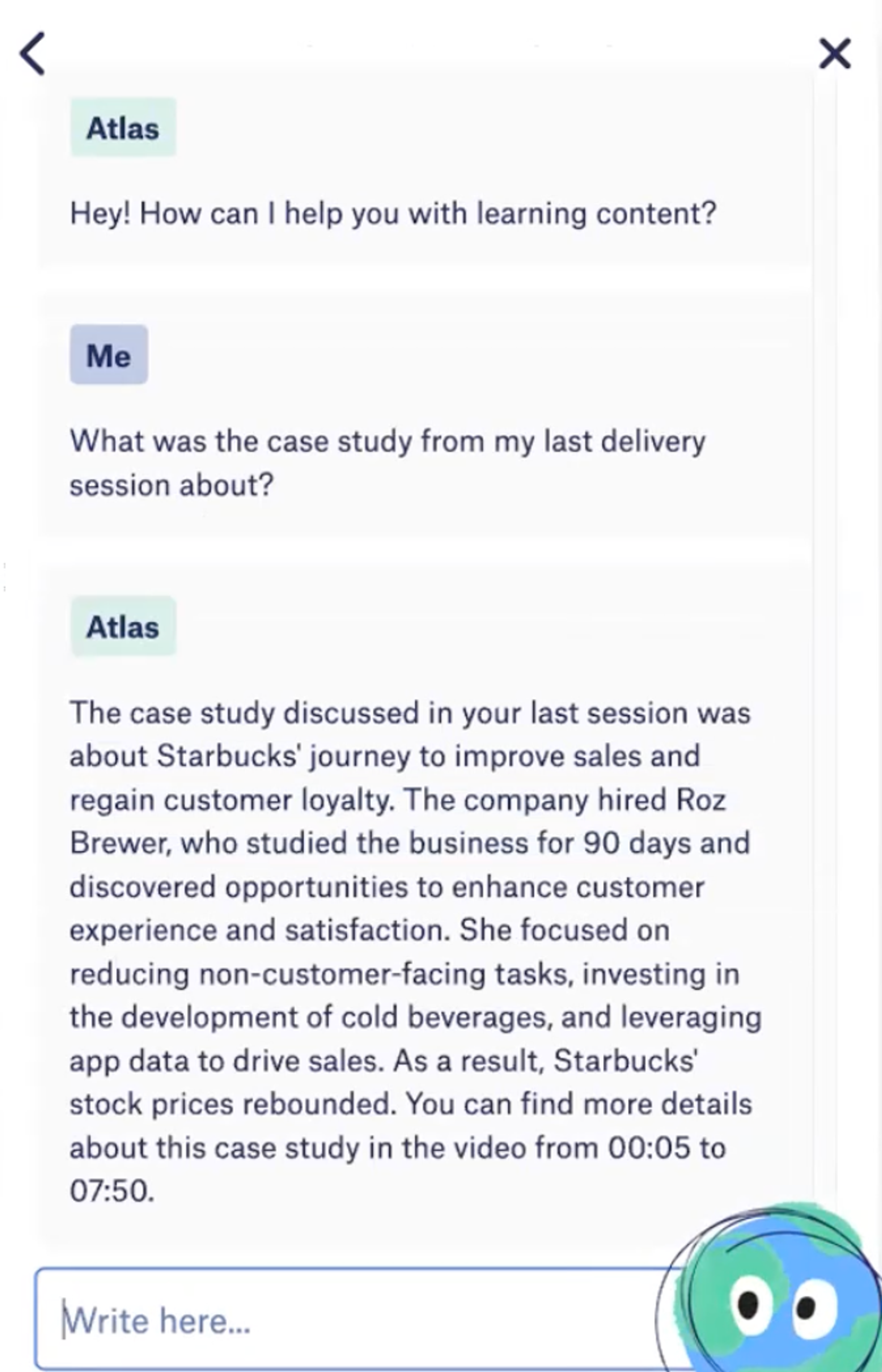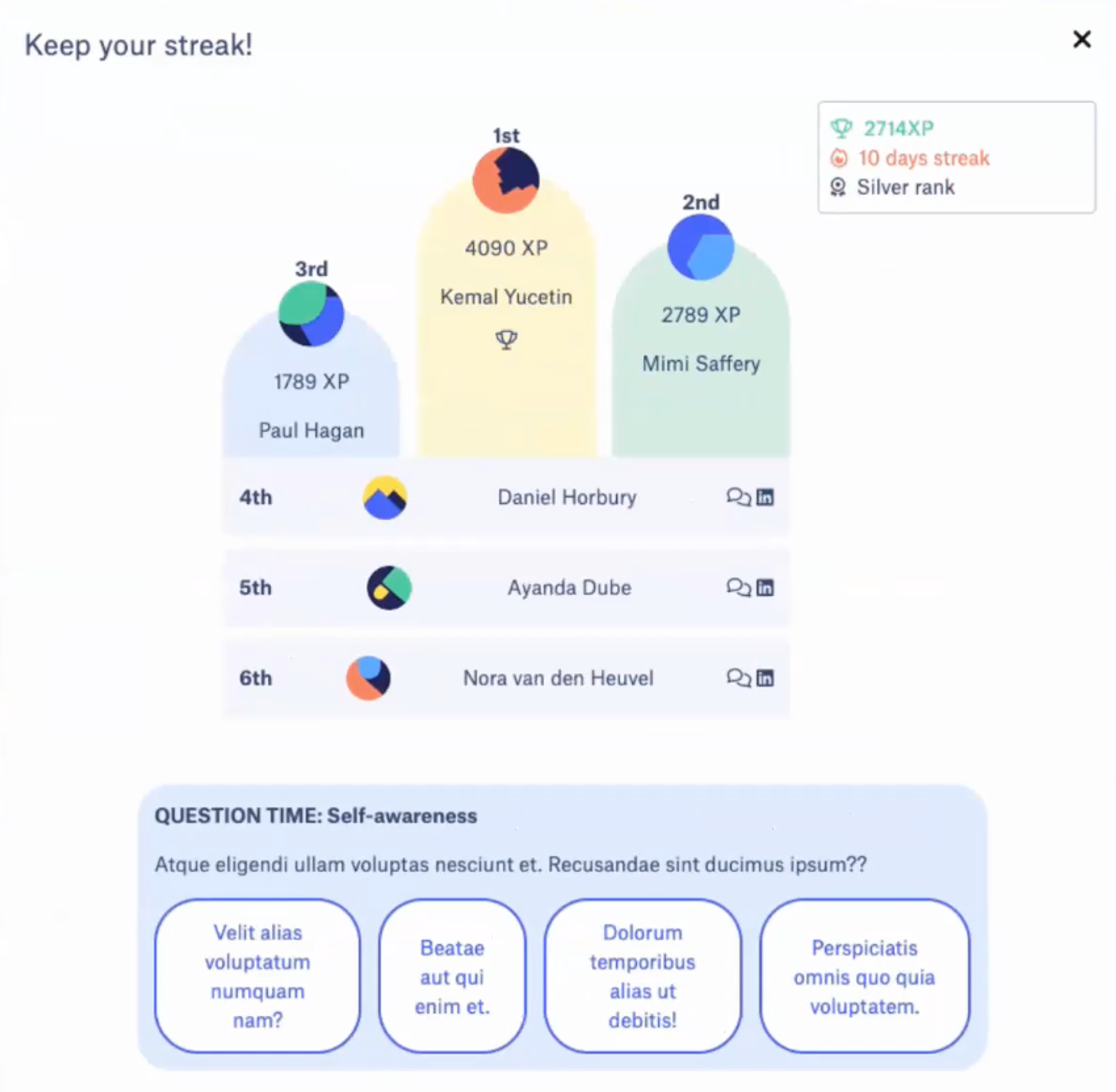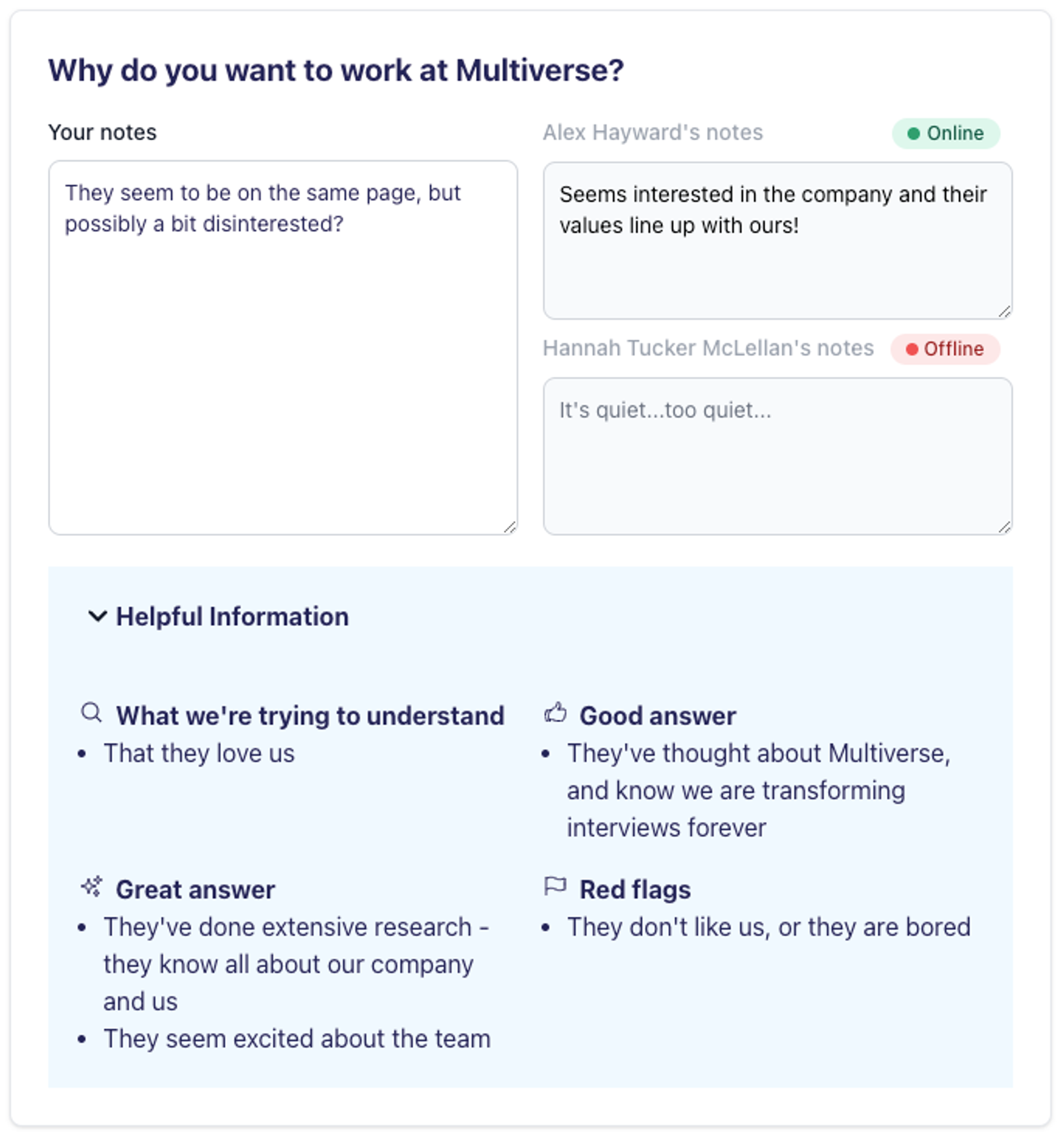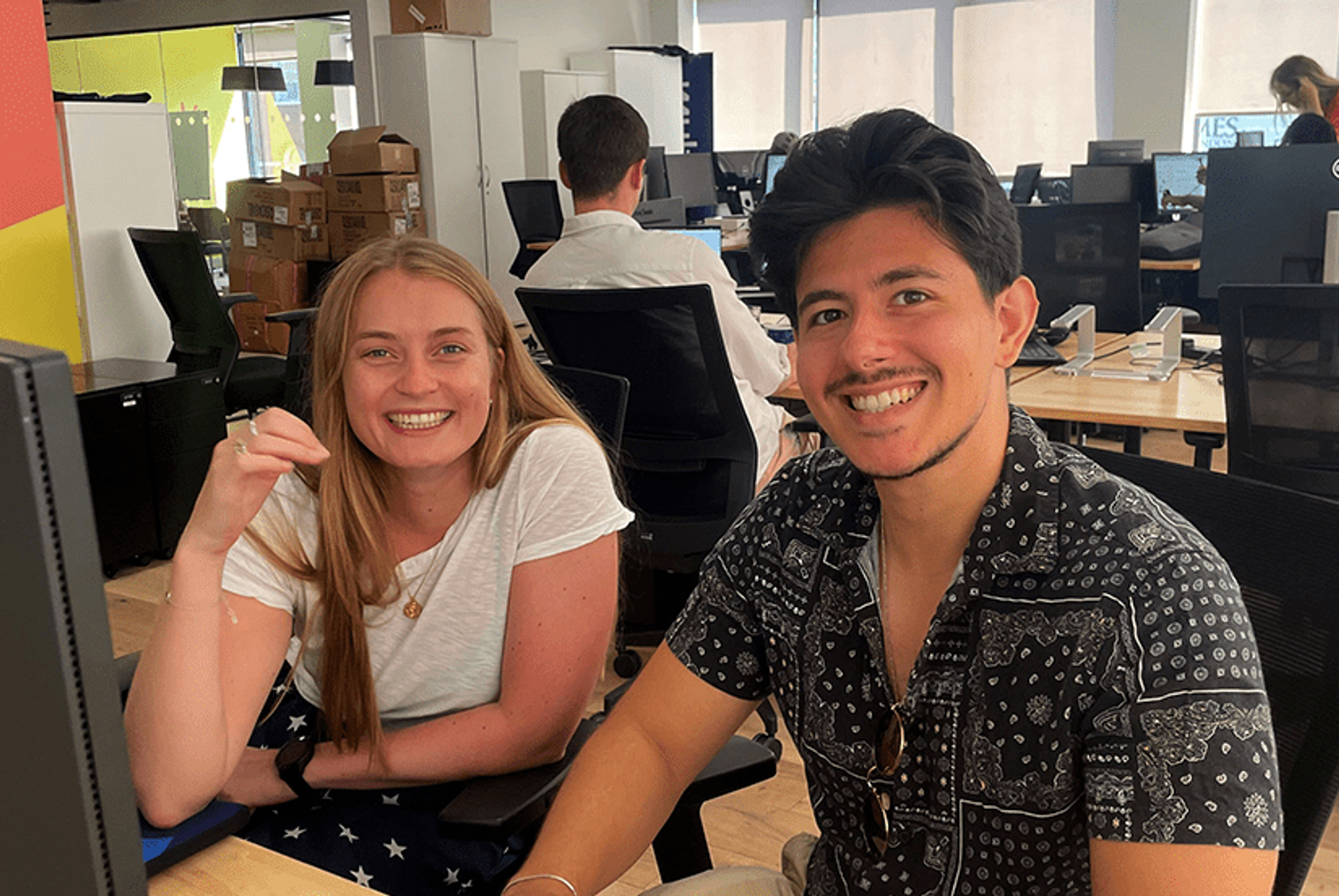We recently held our second hackathon. The first one was described in this blog post. Whilst it would be easy to just point at all the cool stuff we built, I’d like to use this post to discuss the business value that we generated, and to make a case for how and why you should try this at your organization.
Generating Value
The word was sent out in advance, giving engineers sufficient time to fish for ideas. In some cases, these were tech-led innovations. In others, they were experiments suggested by stakeholders. I can group the projects into the following categories:
Business value generators: With sufficient advance notice, some engineers reached out to various parts of the business to find suitable problems they could mob over. These ranged from one department wanting a lite-signup page, to an experiment with— wait for it — AI to help our candidates with their assignments.
Tech team value generators: Separately, many within the tech team saw this as an opportunity to work on ideas (or pet peeves) they’d had in their minds for some time. These aren’t always easy to prioritize against larger feature-led initiatives, but as described below, they can improve build efficiency or reduce repetitive, manual tasks.
Making a Business case
It can be hard for organizations to accept a large part of the tech team being unavailable for two and a half days. It becomes easier if this is driven down from the top (i.e. it is supported at the C-suite level and therefore prioritized and communicated across the company). However, if your company hasn’t yet gone on this mental journey, you would have to build up a case demonstrating that the projects can generate business value. In our case, the projects improved customer experience, internal staff experience, and tech team experience.
There is also a secondary argument to be made around the “buzz” and excitement of having an event like this. It helps with staff retention and attracting innovative thinkers to your open roles. Here on the Multiverse engineering team, “Retention” is one of our main pillars. Initiatives that spark cross team collaboration and keep our engineers motivated and “buzzed” are important to us.
We used a number of specific judging criteria to focus on the idea of value generation. Here are some examples:
Product:
- Do you apply an innovative (and live) use of AI?
- Does this feature mean more customers will love us?
Design:
- Does the feature address a customer pain point or opportunity to drive NPS?
- Does the feature demonstrate a visually or experientially exceptional solution to one of the above?
Engineering
- Does this feature help us to be more predictable?
- Does this feature help us to iterate faster?
Data & Insights
- Does this idea scale well?
- Have you applied a good data structure/design?
The Projects
All the projects were great. In order not to give priority to any particular one, I’ve grouped them according to the value generation category. For brevity, I’ve also kept my description of each one brief, but really all of them deserve their own individual blog posts.
Improving apprentice experience
- CoachGPT: A GPT-powered, chatbot-style assistant that helps apprentices with their homework assignments. It maintains context awareness of each apprentice so responses are relevant to the individual.
- Chat BFG: Provides a messaging feature for our Customer Success team CS staff to contact applicants within the platform. Estimated to save 4 hours per day during operational peaks when chasing for applicant information.
- The Sentimentalists: An experiment using an open sourced Hugging-face model to analyse ~200,000 samples of apprentices feedback and generate sentiment analysis.
- The Multiverse Coach Dashboard: A dashboard giving our coaches a centralized view of apprentice progress.
- Durable Skills Gamification: A project that gamifies asynchronous learning to incentivize apprentices to improve their soft skills and technical skills.
Improving internal tooling
- Interview Buddy: A structured interview portal for interviewers. It was a chance to experiment with building a multi-player-style interface to facilitate real-time collaboration between two site-users.
- Users Service: Our first foray into building a microservice with its own database.
- Qualtrix in Alteryx: Alteryx macros created to parse incoming survey data into a clean format. This work was previously being done manually, so there were notable human time-savings to be had here.
- Experimenting with Serverless: Our first foray into Lambdas! My personal favourite part of this presentation was when the team explained Lambdas to non-technical attendees — “It’s like Boris bikes for computation.”
- Parallelized Build Steps in the CI/CD pipeline: Increases build speed by adding the ability to remember which parts of the build failed and only running those on the next build attempt.
Some examples

An OpenAI-powered chatbot

Gamified learning for apprentices

A clean interviewing UI that allows multiple users to collaborate in real-time
Conclusion
Should you host a hackathon at your company? I’m biased so I would say yes. Hopefully, I’ve demonstrated above that it can be used to drive through value generators. Perhaps for a start, you could do a Hackathon around existing features in your backlog, and then evolve it the next time to encourage greenfield experimentation.
We’re in the process of scaling our platform to serve hundreds of thousands of apprentices, and genuinely change lives. Read more about our team and check out our open roles(opens new window).






